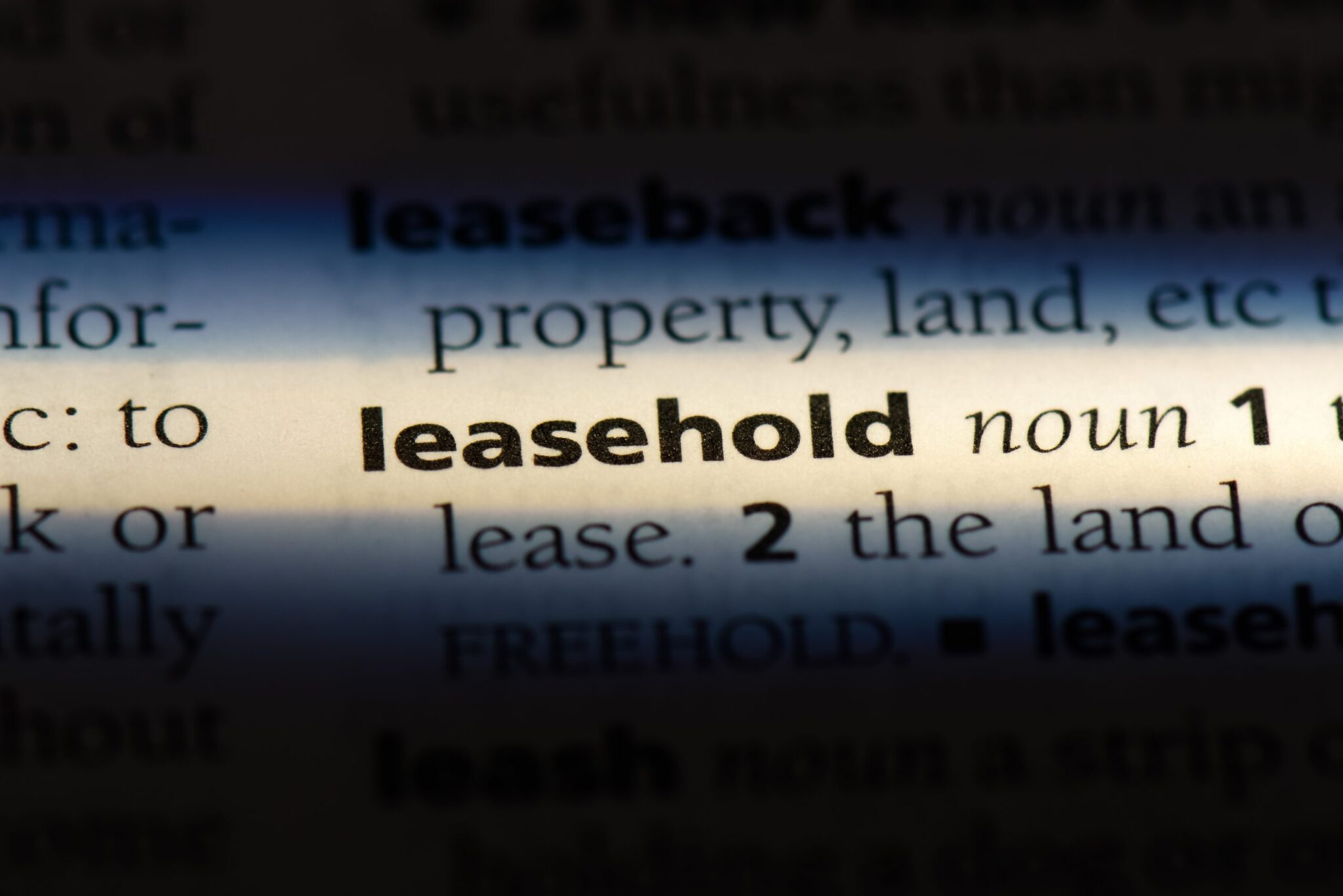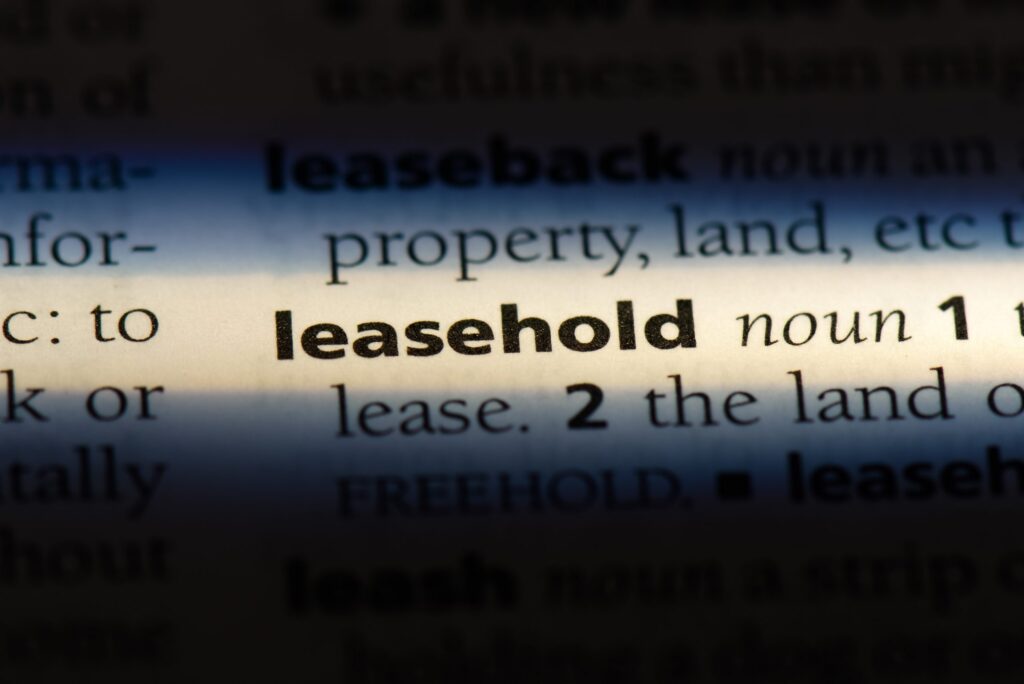
According to a report in The Sunday Times yesterday, the proposal has been taken out of the bill due to “fierce resistance” from the Treasury, as there had been intensive lobbying by pension funds, many of which have invested significant amounts of money into buying freeholds of blocks of flats.
The report noted that, if ground rents are reduced, this could eradicate around £15bn-40bn of investment, which could impact individual pensioners.
There are also concerns about “knock-on effects” for investment in new developments, the report noted.
Government lawyers have also expressed concerns that making “retrospective changes” to property rights could make ministers vulnerable to legal challenges.
Potential ground rent cap
Michael Gove, Secretary of State for Levelling Up, is allegedly trying to find a compromise that would involve some ground rent reform. This could include capping ground rents at £250 per year.

Wellness and wellbeing holidays: Travel insurance is essential for your peace of mind
Out of the pandemic lockdowns, there’s a greater emphasis on wellbeing and wellness, with
Sponsored by Post Office
The report said that this could make investing in freeholds less attractive to investors and help leaseholders struggling to sell their properties, but on the flipside, it could make extending the lease term or buying the freehold more costly for the leaseholder.
The bill was introduced in November last year and aims to limit the grant of assignment of certain new long residential leases of house, improve the rights of tenants under long residential leases to buy their freeholds, extend the leases of houses or flats, and “collectively enfranchise or manage” the buildings containing their flats.
Other actions include regulating the relationships between residential landlords and tenants, regulating residential estate management, regulating rent charges and amending the Building Safety Act 2022 with regard to “remediation of building defects and the insolvency of persons who have repairing obligations relating to certain kinds of buildings”.
The bill is currently in its second reading in the House of Lords, meaning there are five additional stages before it becomes law.
Gove has previously said that he wanted to abolish leasehold entirely, but watered down his plans when he introduced the Leasehold and Reform Bill in November.




